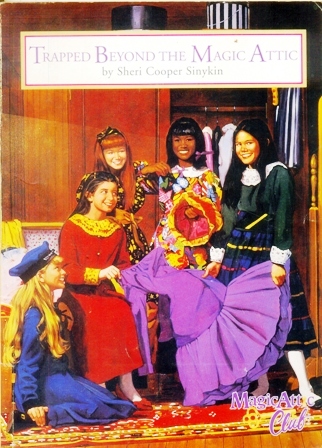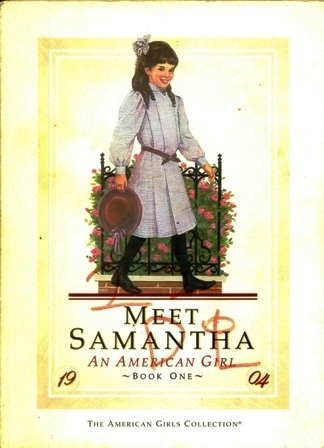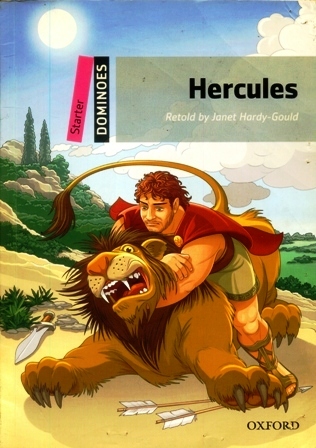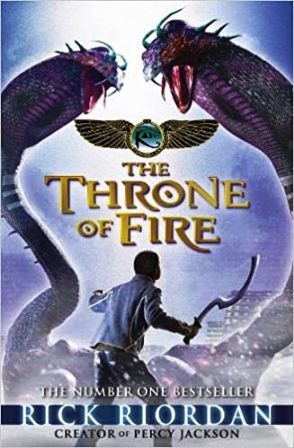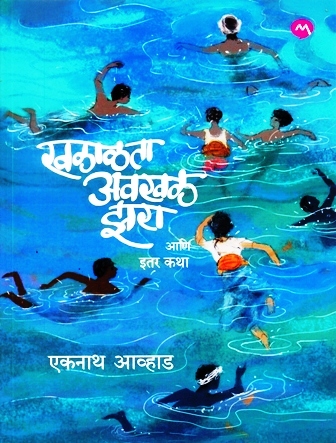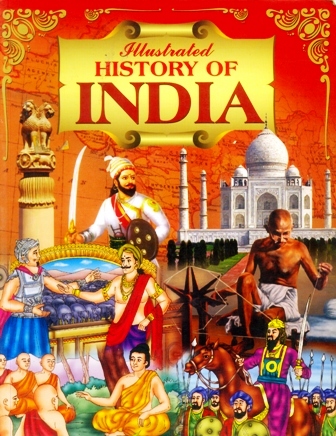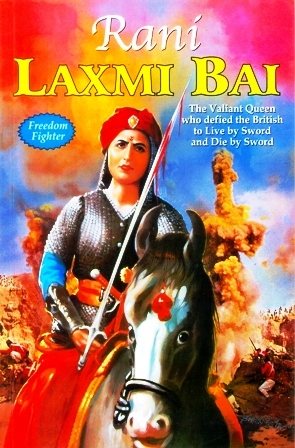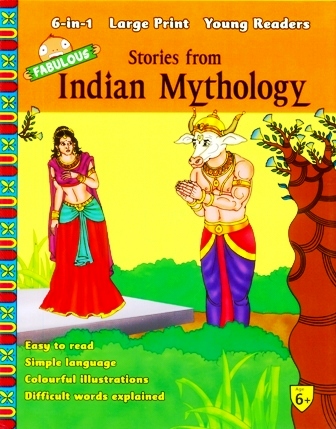-
Dork Diaries : Tales from a Not-So-Popular Party G
Recipe for disaster: 4 parties. Add 2 friends and 1 crush. Divide by 1 mean girl out to RUIN Nikki. Mix well, put fingers over eyes, and CRINGE! Settled in at her new school and flanked by awesome friends Chloe and Zoey, life is looking up for Nikki Maxwell, especially since her crush, Brandon, asked her to be his lab partner—a seriously awesome development. However, when Nikki overhears mean girl MacKenzie bragging that Brandon’s taking her to the Halloween dance, a bummed Nikki signs on to spend Halloween at a kids’ party with her little sister, Brianna, instead. After she finds out Mackenzie was lying and her dream of going to the party with Brandon could be a reality, Nikki has two events to juggle...plus plenty of other entertaining trials and tribulations along the way!
-
Science Wizardry for Kids
More than 200 safe, fun, easy-to-perform experiements teach kids basic concepts of physics and chemistry. Experiments deal with the environment, with fooling the senses, and magic tricks with colors and light. Amusing illustrations throughout.
-
Trapped Beyond The Attic (Magic Attic Club)
When members of the club and their new friend Rose travel through the mirror in the magic attic, they become trapped in a natural history museum
-
Meet Samantha: An American Girl
n 1904, nine-year-old Samantha, an orphan living with her wealthy grandmother, and her servant friend Nellie have a midnight adventure when they try to find out what has happened to the seamstress who suddenly left her job.
-
Dominoes Starter: Hercules
Hercules is the strongest man in the world, but one day he does something very bad. The priestess at Delphi tells him: 'The gods are angry with you. For twelve years you must work for King Eurystheus, and do twelve tasks for him. When you finish, the gods can forgive your crime.' Some tasks are easier, and some tasks are more difficult. Can Hercules finish all twelve of them? And what happens when he does?
-
The Throne of Fire
EVER since the gods of Ancient Egypt were unleashed on the modern world, Carter Kane and his sister, Sadie, have been in big trouble. As descendants of the magical House of Life, they command certain powers. But now a terrifying enemy - Apophis, the giant snake of chaos - is rising. If Carter and Sadie don't destroy him, the world will end in five days' time. And in order to battle the forces of chaos, they must revive the sun god Ra - a feat no magician has ever achieved. Because first they must search the world for the three sections of the Book of Ra, then they have to learn how to chant its spells . . . Can the Kanes destroy Apophis before he swallows the sun and plunges the earth into darkness . . . forever?
-
Khalalta Awakhal Zara (खळाळता अवखळ झरा)
सुप्रसिद्ध बालसाहित्यिक एकनाथ आव्हाड यांचा खास मुलांसाठीचा हा नवा कथासंग्रह... ‘खळाळता अवखळ झरा!’ यातील सर्व कथा मनोरंजक तर आहेतच, पण रंजनाबरोबर त्यात विज्ञान, भाषाज्ञान, जीवनमूल्ये, सामाजिक भान वगैरे कथेच्या ओघात स्वाभाविकरीत्या येत असल्याने मुलांकडून सहजगत्या आत्मसात होण्याजोग्या गोष्टी आहेत. कथांच्या ओेघातच मुलांनी आनंदाने म्हणाव्यात अशा कविताही आहेत. मुलांना जे जे रुचेल ते देतानाच खुबीने त्यातून संस्कार घडावेत अशी प्रत्येक कथेची रचना आहे. एकनाथ आव्हाड यांचा हा सातवा बालकथासंग्रह आहे. पहिल्या सहा कथासंग्रहांप्रमाणेच यातील मुख्य व्याQक्तरेखा शमी आणि बाळू हे बहीण-भाऊ आहेत. ही दोन्ही पात्रे बालवाचकांना आव्हाड यांच्या कथासंग्रहांमधून सतत भेटल्याने, परिचित झाल्याने आपलीशी वाटणे, त्यामुळेच शमी आणि बाळूच्या या नव्या कथा वाचण्याची उत्सुकता वाटणे स्वाभाविक आहे. या कथांची कथानकेसुद्धा मुलांचा उत्साह, उत्सुकता वाढविणारी आहेत.
-
Illustrated History Of India
India has always remained a center of attraction for the world, be it for her technological prowess today or for being one of the oldest civilizations with magic, mystic & abundant prosperity. Till recently, she was looked on as a mystical country with many misconceptions. However, this mystical & magical power stems from her history that is captured in this book, with attractive illustrations supporting the exhaustive text. The home to the most advanced Indus Valley civilization, the land of The Ramayana & Mahabharata, Kingdoms of various dynasties, such as Mauryas, Guptas, Chalukyas that ruled & prospered in the ancient days, not to forget the showcase of the glory of Mughal Architecture, India has fascinated not only Indians, but the entire populace of the world Perhaps, this proves to be the reason behind so many invasions by the Aryans, Greeks, Mongols, Persians, French & British in ancient times. This book is a treasure-trove, if you want to learn about India's history, detailing its mystical charms since the Vedic period until its independence in 1947 & beyond.
-
Dominoes Two: The Lost World
'You said that you wanted danger, didn't you?' says McArdle, the editor of the Daily Gazette. And he sends his young reporter, Malone, on a strange journey into South America with the famous Professor Challenger. Challenger believes he can find a lost world full of dinosaurs in the middle of the Amazon forest. But this world is dangerous to reach, and, once the Professor and his small group of explorers arrive, things get even more dangerous for them. Will they return alive?
-
Dominoes Starter: Kidnap
One cold winter morning, a famous movie star and her teenage daughter are driving along a country road... A blue van is waiting for them. Tom is in the van, but he's not a kidnapper - he's an artist. He usually draws pictures for adventure stories. Now he's in a real life adventure.



